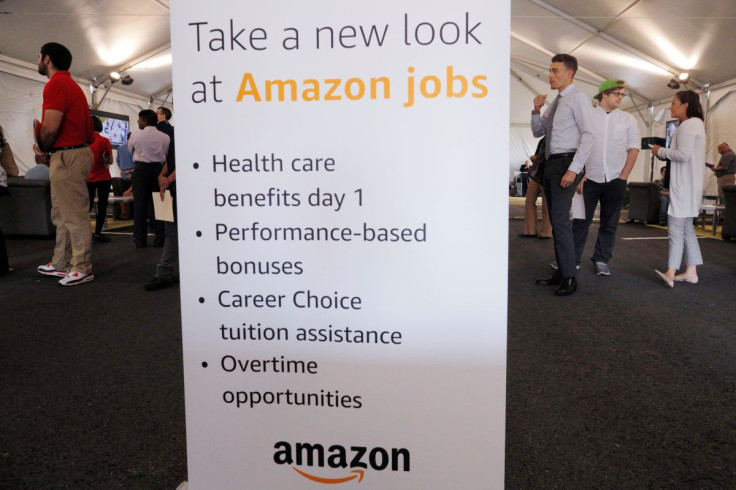Amazon Shareholders Vote Against Investor-led Proposals

Amazon.com Inc shareholders on Wednesday voted against all investor-led resolutions that challenged the company's policies - including its use of plastics and certain concealment clauses in contracts - at the company's annual meeting.
A total of 15 investor resolutions were considered, including one introduced at the meeting. The figure was a record for the retail and cloud computing giant, as socially minded investors scrutinize its treatment of workers.
Investors voted for proposals to approve executive compensation, board members and a stock split.
The boost in the number of resolutions, which Amazon recommended investors vote against, comes as tech company shareholders push for more transparency on social issues such as pay equity, workplace culture and safety, and sustainability practices.
Antoine Argouges, CEO of activist investor Tulipshare, said in a statement that the company will continue its push for workers' rights at Amazon.
"Whilst we are disappointed that our proposal did not pass today, this vote was just the beginning in the fight for workers rights," Argouges said.
Amazon Chief Executive Andy Jassy defended the company's record on safety and reviewed steps it has taken to reduce injury rates ranging from new anti-slip shoes to software meant to predict and prevent repetitive stress injuries.
He conceded that injury rates could be affected by the rapid hiring of new workers during the pandemic, including about 300,000 workers in 2021 alone. "When you hire a lot of people, your (injury) rates tend to go up," he said.
The number of proposals also reflects changes under securities regulators appointed by U.S. President Joe Biden that have made it easier for investors to file proposals and more difficult for companies to convince regulators that these resolutions should not go to a shareholder vote.
© Copyright Thomson Reuters {{Year}}. All rights reserved.





















